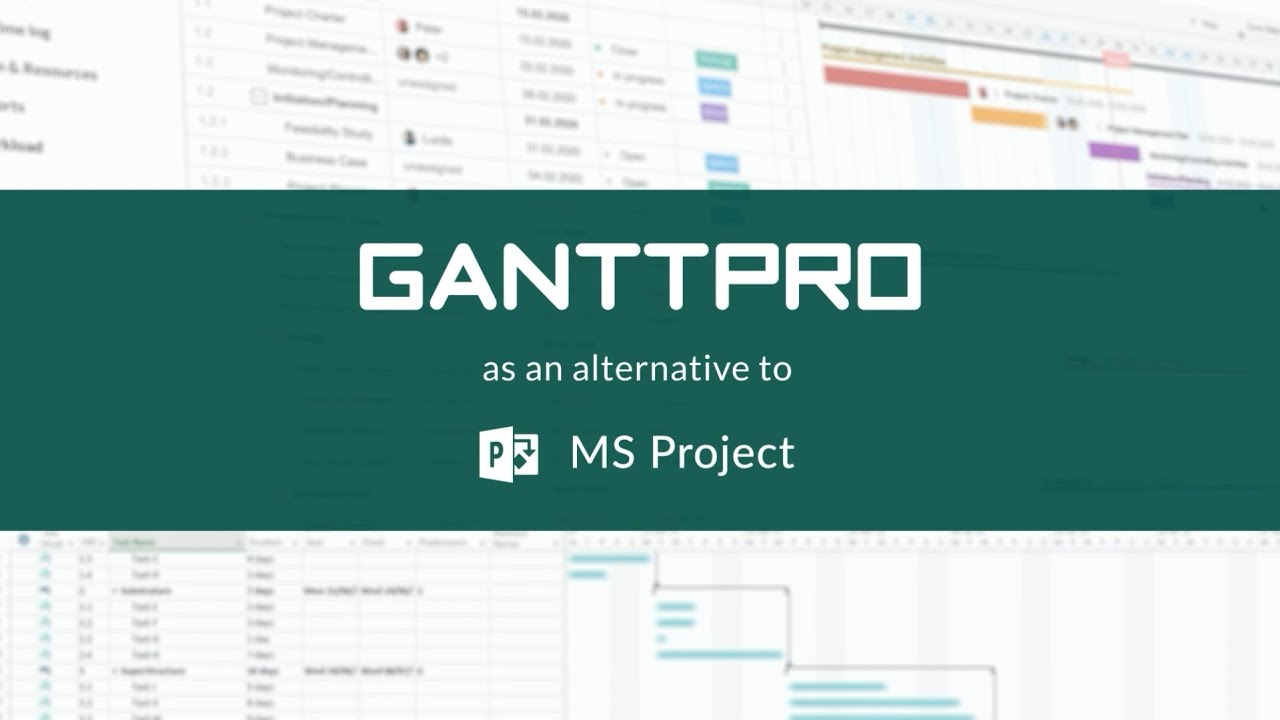PMBOK: Project Cost Management
Project cost management is a crucial aspect of project management, and it involves the processes involved in defining how project costs are planned, estimated, budgeted, managed, and controlled. The Project Management Body of Knowledge (PMBOK) provides guidelines for cost management that are widely recognized and used by organizations and project managers worldwide.
Cost management is a key aspect of project management and it can greatly impact the success of a project. Effective cost management ensures that the project is completed within budget and helps to minimize the risk of cost overruns. By following the PMBOK guidelines, project managers can ensure that they are effectively managing project costs and making informed decisions that will ultimately lead to a successful project outcome.
Understanding Project Cost Management Processes
The PMBOK divides project cost management into five main processes:
- Plan Cost Management
- Estimate Costs
- Determine Budget
- Control Costs
- Close Project or Phase
Each of these processes is important in its own right and they work together to ensure that project costs are effectively managed.
Plan Cost Management
Plan Cost Management is the first step in managing project costs. It involves defining how project costs will be planned, managed, and controlled. This includes identifying the processes that will be used to estimate, budget, and control costs, as well as establishing a system for tracking and reporting project costs.
The Plan Cost Management process also involves determining the level of accuracy that is required for cost estimates and establishing a cost management plan. This plan will be used as a reference throughout the project and will help to ensure that project costs are effectively managed.
Key Elements of Plan Cost Management
- Defining cost management processes
- Establishing cost management plan
- Determining level of accuracy required for cost estimates
- Setting up cost tracking and reporting systems
Estimate Costs
Estimating project costs is an important part of project cost management. This process involves predicting the future costs of a project and determining the resources that will be required to complete the project.
Cost estimation is a complex process that requires a deep understanding of the project, as well as the skills and expertise of the project team. The accuracy of cost estimates can greatly impact the success of a project, so it is important to put in the time and effort to get them right.
Key Elements of Estimate Costs
- Identifying project scope and requirements
- Determining resources required to complete the project
- Developing cost estimates for each project activity
- Reviewing and updating cost estimates throughout the project
Determine Budget
Determining the budget for a project is a crucial aspect of project cost management. This process involves combining the cost estimates for each project activity and creating a budget that will be used to guide project execution.
The budget is a critical tool for managing project costs, as it provides a clear understanding of the resources that will be required to complete the project and helps to ensure that the project stays within budget. It also provides a baseline for cost performance measurement and helps to identify potential cost overruns before they occur.
Key Elements of Determine Budget
- Combining cost estimates for each project activity
- Creating a budget that will be used to guide project execution
- Providing a baseline for cost performance measurement
- Identifying potential cost overruns
Control Costs
Control Costs is an ongoing process that involves monitoring project costs, comparing actual costs to the budget, and taking corrective action when necessary. This process is critical to ensuring that the project stays within budget and that any potential cost overruns are identified and addressed in a timely manner.
To effectively control costs, project managers must have a system in place for tracking and reporting project costs. They must also regularly review the budget and compare actual costs to the budget to identify any variances. If variances are identified, project managers must take appropriate action to bring the project back in line with the budget.
Key Elements of Control Costs
- Monitoring project costs
- Comparing actual costs to the budget
- Taking corrective action when necessary
- Having a system in place for tracking and reporting project costs
- Regularly reviewing the budget
Close Project or Phase
The Close Project or Phase process is the final step in project cost management. It involves completing all activities related to a project or phase, including verifying that all project deliverables have been completed and accepted by the customer.
In the context of project cost management, the Close Project or Phase process also involves reviewing the actual costs of the project and comparing them to the budget. This information can be used to identify areas where cost management processes can be improved and to better understand the cost drivers of the project.
Key Elements of Close Project or Phase
- Completing all activities related to a project or phase
- Verifying that all project deliverables have been completed and accepted
- Reviewing the actual costs of the project
- Comparing actual costs to the budget
- Identifying areas for improvement in cost management processes
In conclusion, PMBOK provides a comprehensive framework for project cost management that can help project managers to effectively plan, estimate, budget, manage, and control project costs. By following the PMBOK guidelines, project managers can increase the likelihood of delivering a successful project within budget.

